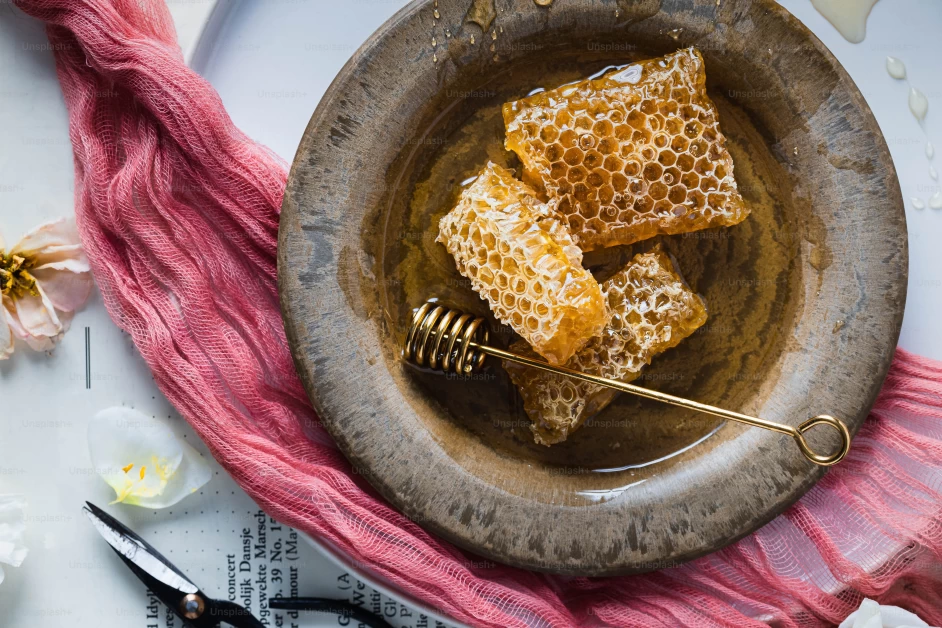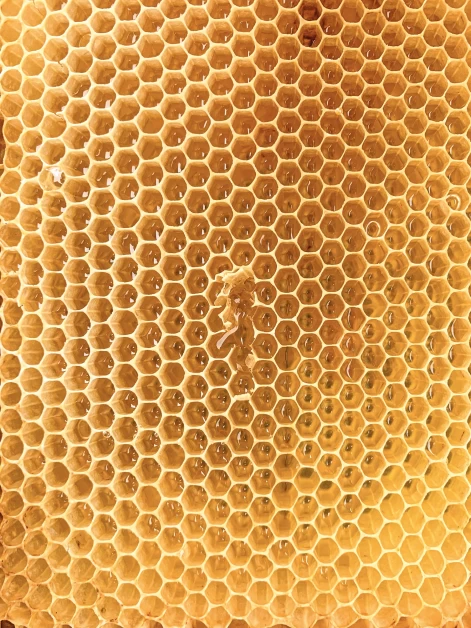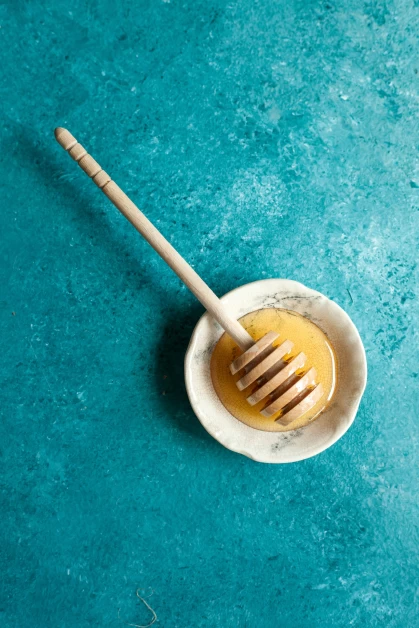Table of Contents
- What is Manuka Honey?
- The Uses of Manuka Honey
- When is the Best Time to Eat Manuka Honey?
- How to Consume Manuka Honey?
- Choosing Authentic Manuka Honey
- UMF vs. MGO Manuka Honey
- Medical Grade Manuka Honey
- What to Look for When Choosing Manuka Honey
- The Benefits of Manuka Honey for Skin
- Where to Find Authentic Manuka Honey
- Buckwheat Honey vs. Manuka Honey
Manuka honey is a remarkable natural product that offers a wide range of benefits, particularly for the skin. Whether you are dealing with skin problems or simply looking to improve your complexion, using the best Manuka honey for skin can be a game-changer. In this comprehensive guide, we will explore everything you need to know about Manuka honey, including its uses, benefits, and how to choose the right one for your skincare needs.
What is Manuka Honey?
Manuka honey is a unique type of honey that comes from the nectar of the Manuka flower, which grows exclusively in New Zealand. This honey stands out from other varieties due to its exceptional medicinal properties, antibacterial qualities, and wound-healing abilities. It has gained recognition worldwide for its numerous health benefits and is highly praised by both users and medical researchers.
The Uses of Manuka Honey
Manuka honey can be used for various purposes, making it a versatile addition to your skincare routine. It is known to effectively treat skin problems, such as acne, eczema, and psoriasis. Its antibacterial properties help combat bacteria on the skin, reducing inflammation and promoting healing. Additionally, Manuka honey can be used to soothe and moisturize dry or irritated skin, leaving it feeling nourished and rejuvenated.
Not limited to skincare, Manuka honey can also be used to address more serious health conditions. It has been shown to be effective in treating bronchitis and can alleviate symptoms of allergies. Furthermore, Manuka honey can serve as a natural sweetener, offering a healthier alternative to processed sugars.
When is the Best Time to Eat Manuka Honey?
To maximize the health benefits of Manuka honey, it is recommended to consume it on an empty stomach before breakfast. This allows your body to absorb the nutrients and properties of the honey most effectively. Alternatively, you can also consume it before going to bed, as it may aid in promoting better sleep.
How to Consume Manuka Honey?
When consuming Manuka honey, it is important to avoid using a metal spoon, as this may diminish some of its properties compared to regular honey. Instead, opt for a wooden spoon or enjoy it straight from the jar to fully experience the health benefits of Manuka honey. If you’re looking for delicious snacks or healthy dessert ideas, be sure to check out our collection of Manuka honey recipes.
Choosing Authentic Manuka Honey
Not all Manuka honey is created equal, and it is crucial to choose an authentic and high-quality product. Before making a purchase, you need to decide whether you require honey with UMF (Unique Manuka Factor) certification or honey graded using the MGO (Methylglyoxal) system.
To ensure you are getting genuine Manuka honey, look for the UMF or MGO symbols on the jar. These symbols represent different grading systems and indicate the quality and authenticity of the honey. Unpasteurized Manuka honey is considered one of the best varieties, as it retains its natural properties and benefits.
UMF vs. MGO Manuka Honey
UMF honey is derived from the Manuka flower, which grows exclusively in New Zealand. It is highly regarded for its exceptional medicinal properties, antibacterial effects, and wound-healing capabilities. On the other hand, MGO is a grading system popularized by Manuka Health, measuring the potency and antibacterial properties of the honey based on its methylglyoxal content.
Both UMF and MGO Manuka honey offer significant health benefits, but UMF honey is often considered the gold standard due to its rigorous verification methods and comprehensive monitoring of non-peroxide activity. Ultimately, the choice between UMF and MGO Manuka honey depends on personal preference and the specific benefits you are seeking.
Medical Grade Manuka Honey
For honey to be considered medicinal with high peroxide activity, it should have a UMF of at least 10+ and an MGO of 573+. Higher-grade Manuka honeys tend to be more expensive but offer superior quality and efficacy.
What to Look for When Choosing Manuka Honey
When purchasing Manuka honey, it is essential to follow the recognized grading scale to ensure you are getting a reliable product. The UMF certification and MGO grading system are the most accurate verifications of non-peroxide activity. To avoid any confusion, it is advisable to choose brands that display UMF or MGO labels on their packaging.
Additionally, if you are using Manuka honey for its medicinal properties, it is recommended to opt for brands that provide clear information about their K-factor or bioactivity. This ensures transparency and allows you to make an informed decision regarding the honey’s suitability for your specific needs. However, if you intend to use Manuka honey solely as an artificial sweetener, brands without UMF or MGO labels may suffice.
The Benefits of Manuka Honey for Skin
Manuka honey, including the best Manuka honey for skin, is considered a superfood due to its antioxidant and antibacterial properties. When applied topically, it can provide relief for a sore throat and soothe stomach pain while reducing inflammation. In terms of skincare, Manuka honey is formulated to provide moisture to sensitive skin, reducing the risk of infection and combating signs of aging through its resistance to oxidation.
Where to Find Authentic Manuka Honey
To ensure you are purchasing authentic Manuka honey, look for UMF and MGO symbols on the jar. These symbols guarantee the organic nature of the honey. You can find Manuka honey in many health food stores and reputable online retailers.
Buckwheat Honey vs. Manuka Honey
The ongoing debate between buckwheat honey and Manuka honey revolves around their unique benefits and flavors. Buckwheat honey is known for its dark color, strong flavor, and high antioxidant content. It has shown potential in lowering blood pressure. On the other hand, Manuka honey has a milder flavor and is highly effective in treating wounds and digestive issues.
The choice between buckwheat honey and Manuka honey ultimately depends on your specific needs and preferences. If you are seeking a honey with a delicious taste and numerous health benefits, buckwheat honey is an excellent choice. However, if you require a honey with potent medicinal properties and exceptional skincare benefits, Manuka honey is the superior option.
In conclusion, incorporating the best Manuka honey for skin into your skincare routine can yield remarkable results. With its antibacterial, moisturizing, and healing properties, Manuka honey offers a natural and effective solution for various skin concerns. By choosing authentic and high-quality Manuka honey, you can harness its full potential and enjoy the numerous benefits it has to offer.



